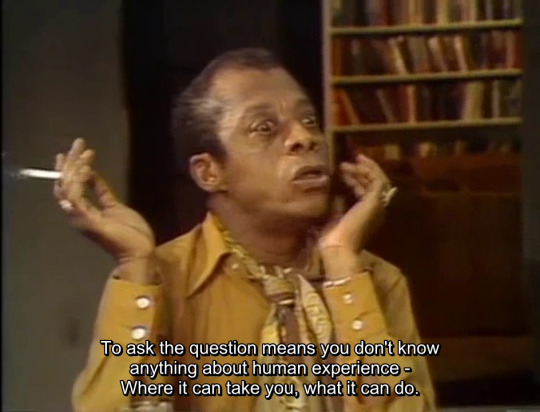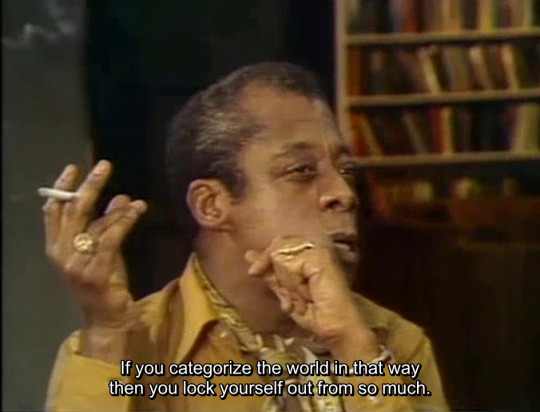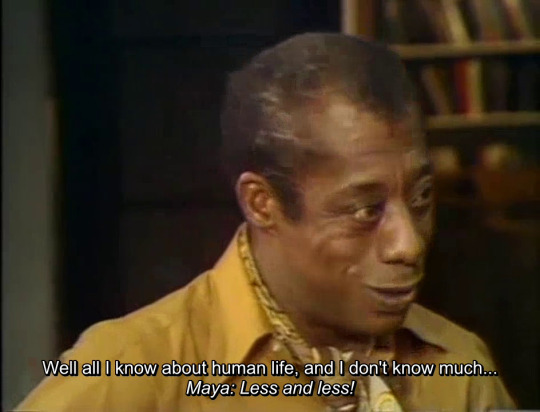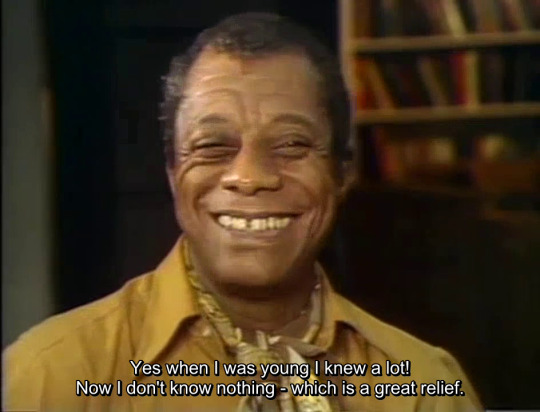Text
I was debating pre- and post- smartphone existentialism with an older gentleman today and he stopped part way through and said “Why are you a security guard? Why aren’t you teaching this at some college somewhere?” And I didn’t know what to say so I went with “Well I used to make art but nobody pays an artist”
68K notes
·
View notes
Text
one of the biggest things I can advocate for (in academia, but also just in life) is to build credibility with yourself. It’s easy to fall into the habit of thinking of yourself as someone who does things last minute or who struggles to start tasks. people will tell you that you just need to build different habits, but I know for me at least the idea of ‘habit’ is sort of abstract and dehumanizing. Credibility is more like ‘I’ve done this before, so I know I can do it, and more importantly I trust myself to do it’. you set an assignment goal for the day and you meet it, and then you feel stronger setting one the next day. You establish a relationship with yourself that’s built on confidence and trust. That in turn starts to erode the barrier of insecurity and perfectionism and makes it easier to start and finish tasks. reframing the narrative as a process of building credibility makes it easier to celebrate each step and recognize how strong your relationship with yourself can become
15K notes
·
View notes
Text
Sometimes you have to speak your truth even if you know the other person won't hear you. Speaking your truth again & again breaks the spell of silencing your own voice.
32 notes
·
View notes
Text
It is actually remarkably easy to reconcile the pale as a metaphor for climate change, the pale as a metaphor for nostalgia and the pale as a metaphor for apathy. Because the secret is these things are all caused by capitalism, which the pale is also a metaphor for.
666 notes
·
View notes
Text

On the topic of English people being shitheads towards Welsh people - This fucking dude today on AITA
137K notes
·
View notes
Text
If you see this you’re legally obligated to reblog and tag with the book you’re currently reading
232K notes
·
View notes
Photo

Mugshot of a teenage girl arrested for protesting segregation, Mississippi, 1961.
156K notes
·
View notes
Text
love the sailing boat discourse and all but i have to say being on a ship for a prolonged time does change a man and i don't mean in a hardened but wisened sailor kind of way i mean that everytime my brother returns from sea after a few months he has to be reintroduced into society like some sort of feral beast. being on a boat might not give you scurvy but it WILL erode your impulse control and ability to react normally to any situation whatsoever. that's just what months of hard work and inability to leave while the ground moves does to a mf
23K notes
·
View notes
Text
“The true atheism is not as simple as philosophy imagines it to be. It occurs in two stages: the banal refusal to believe in a God is self-contradictory and satisfies those who think little, but the refusal to believe in a good God is the true rebellion. There is always a God lying in ambush, preparing his return in whatever negation is made of his existence, even a materialist one, but it is important that it be a malicious God, a thesis that only an ‘ultra’-religious heresy can face. The atheism of indifference is weak and lays down its arms along with its speech to philosophy; the second is a strong heresy, the 'non’-theological radicalization of a malicious God, his extension to every divinity that would appear as One or Multiple, as Sole and Great or even as natural and pagan.”
— Francois Laruelle, General Theory of Victims, pg. 21
30 notes
·
View notes
Text
One of many pieces of information rarely discussed that has stuck with me in studying the Holocaust in a literacy class is that people who survived the death camps often did not survive starvation. It is very difficult for a severely malnourished body to recover from starvation. A severely malnourished body will struggle to process food at all, and many people die in the process of “refeeding.” This is called refeeding syndrome for this reason. Reintroducing food can and often is fatal without careful, medical guidance.
Starvation is one of the most common and effective forms of genocide. What makes it effective is that past a certain point, even if aid has been delivered, it is not enough to save someone from death by starvation. What also makes it effective is that withholding food is viewed as a passive consequence of political turmoil rather than an intentional act of violence among a people. You will see more people die from starvation in genocides across history because it is an effective way to kill many people without the use of state resources.
The starvation of Gaza is intentional. The United States and Israel may gesture that they are delivering or allowing aid into Gaza, but in reality they are active participants in the starvation of Gaza by destroying medical infrastructure, limiting the amount of aid “allowed” in, and blocking aid trucks from entering. Throwing food into Gaza by airdrop at this point in the genocide will not be enough without medical infrastructure to refeed a severely malnourished population. Many will die anyways. Many have already.
45K notes
·
View notes
Text
Not making an idolatree pun here is a *crime*
I can see why someone would worship a tree. Not every tree but some of them tempt me to idolatry. Like... Anyone else get this
54K notes
·
View notes
Text
I finally started reading non-fiction regularly again (ngl, Marx kind of killed me - German philosophy is not my comfort zone), and I just started Jeff Halper’s Decolonising Israel, Liberating Palestine. The most interesting part so far has been the discussion of why the founding of kibbutzim became such a popular colonial strategy in Palestine.
Around the turn of the 20th century, well before the founding of the state of Israel, settler communities were struggling to hire Jewish workers. They would only hire Jewish workers, of course, because their purpose was to establish exclusive Jewish communities and outcompete Palestinians, but Jewish workers demanded higher wages than Arab workers, and the newly established settlements couldn’t afford to pay them. Kibbutzim were therefore adopted as a new way to structure these communities so that the quality of life could not be directly compared by wages. Kibbutzim were communal societies, without wages, and so this vision of communal life could be sold as a utopian vision outside of the wage system and so incomparable to it. This was understandably an appealing idea to the often socialist Jewish workers, and would be laudable if it wasn’t a colonial project. This allowed the settler communities to attract more Jewish labourers and so settle more land and better compete against Palestinian industry by forming exclusive, insulated Jewish communities. This facilitating the zionist “conquest of labour” and “conquest of land” which established the skeleton of the nascent ethnostate.
The kibbutzim and the utopian socialism they embodied was one of those aspects of zionism that used to partially redeem it in my eyes, and to some extent the idea of utopian colonies does still excite a certain romanticism in me, but it’s important to recognise that they are still inescapably serving a colonial end, requiring violent displacement for their foundation and excluding other ethnicities. Furthermore, it’s interesting to see that the motivator for their socialist structure was not purely utopian idealism but rather largely cynical.
4 notes
·
View notes
Text
y'all not to doxx myself too hard but irl i have spent some time in my life in mental health recovery, and i am here to tell anyone who needs to hear it that people with multiples & schizophrenia & psychosis & BPD are fun and interesting and lovable people and my friends
99K notes
·
View notes
Text
This Black History Month, reflect for a moment on the fact that George Washington Carver, famously "the inventor of peanut butter and more than 100 industrial uses for peanuts" wasn't, like, Doc Brown fucking around in his garage because he really liked peanuts but was specifically trying to introduce larger use of a nitrogen fixing legume into crop rotations against cotton monoculture which was destroying yields, livelihoods and the biosphere, and how most agribusiness farming now just destroys that topsoil on purpose and continues to grow a cotton monoculture (or soy or corn or whichever local monoculture is profitable) using petrochemical derived fertilizer, which is one element driving climate change
Daniel Hale Williams performed the first successful heart surgery. He also founded the first nonsegregated hospital in America because he was keenly aware of disparate health outcomes by race which is still a problem today.
WEB Dubois was a part of the delegations for the birth of the UN. His proposal to include in the charter that "the colonial system of government … is undemocratic, socially dangerous and a main cause of wars" was not adapted for the final draft. We might see inaction against colonial violence to this day as part of the failure of others to heed his warnings there.
I feel like so often when we look at Black History Month so much of it is driven by factoids but when taken as history in context its about a direct line from decades and centuries to what is happening right now.
9K notes
·
View notes
Photo















Conversation with a Native Son: Maya Angelou and James Baldwin
135K notes
·
View notes

